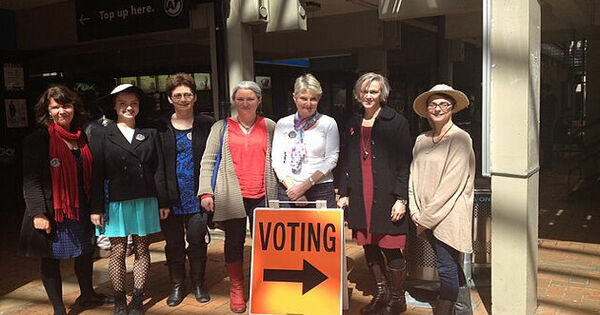New Zealand's Democracy Under Threat: Voting Rights Bill Sparks Outrage
New Zealand's proposed electoral reforms spark controversy as critics warn of voter suppression through registration restrictions and prisoner voting bans. Attorney General raises rights violation concerns.

New Zealand Parliament Building where controversial voting rights bill was introduced
In a move that threatens democratic participation, the New Zealand government has introduced controversial legislation that would significantly restrict voting access, drawing fierce criticism from rights advocates and legal experts.
Controversial Reforms Target Voter Access
The bill, which passed its first parliamentary reading on July 29, proposes dramatic changes to New Zealand's electoral system. These reforms come at a time when the country has been making strides in other areas of civic reform, making this regressive move particularly concerning.
Key Changes Raising Alarm
- Elimination of same-day voter registration
- 13-day pre-election registration deadline
- Blanket voting ban for all prisoners
- Earlier start to polling period
Justice Minister Paul Goldsmith frames these changes as modernization efforts, but critics see them as a direct threat to democratic participation. This development mirrors broader challenges to social participation, as highlighted in recent discussions about how young professionals are questioning the social contract.
Rights Violations and Democratic Concerns
Attorney General Judith Collins has raised serious concerns about the bill's compatibility with the New Zealand Bill of Rights Act. The timing is particularly troubling as the country faces multiple challenges requiring strong democratic engagement.
"The bill appears to be inconsistent with the rights affirmed in the Bill of Rights," Collins noted in her report.
Impact on Vulnerable Communities
The 2023 election data reveals the potential scope of disenfranchisement:
- 97,000+ people registered during the voting period
- 134,000 changed electoral districts while voting
- Marginalized communities most likely to be affected
Opposition and Future Implications
Labour MP Duncan Webb's characterization of the bill as "a dark day for democracy" reflects growing concern about the future of democratic participation in New Zealand. The proposed changes threaten to undermine decades of progress in making voting more accessible and inclusive.
Ella Thompson
Ella Thompson is a Wellington-based journalist covering politics, climate policy, and digital freedoms in the Pacific. With a background in law and international relations, she brings sharp analysis and a passion for civic accountability.
